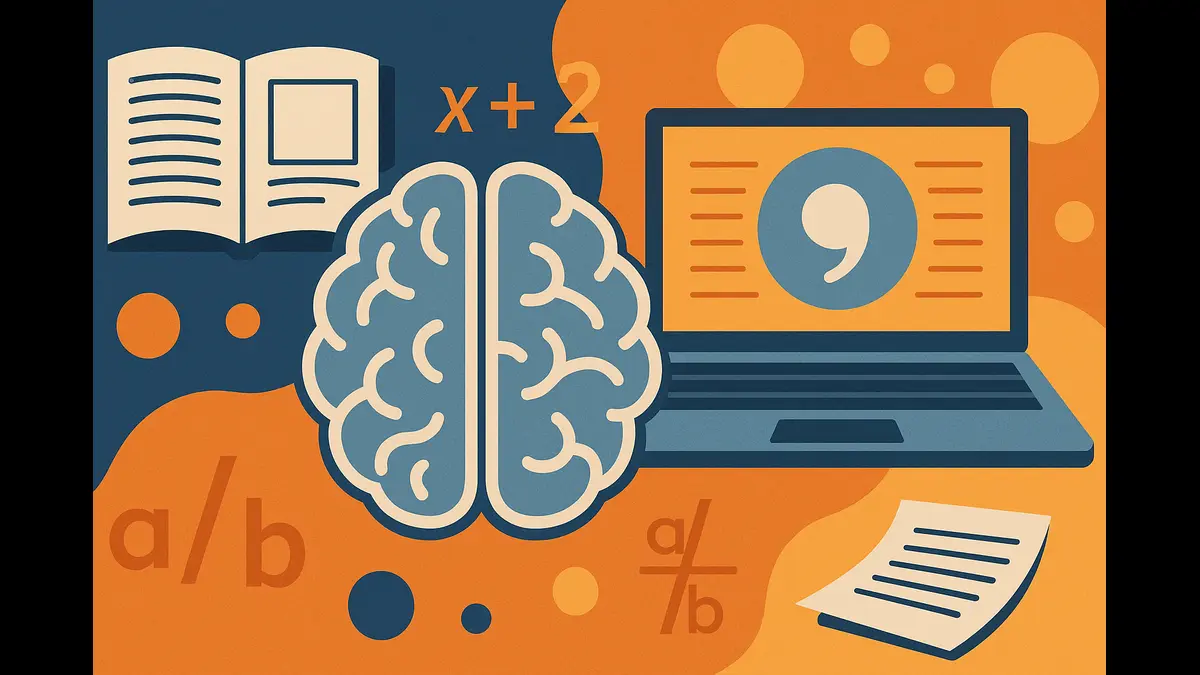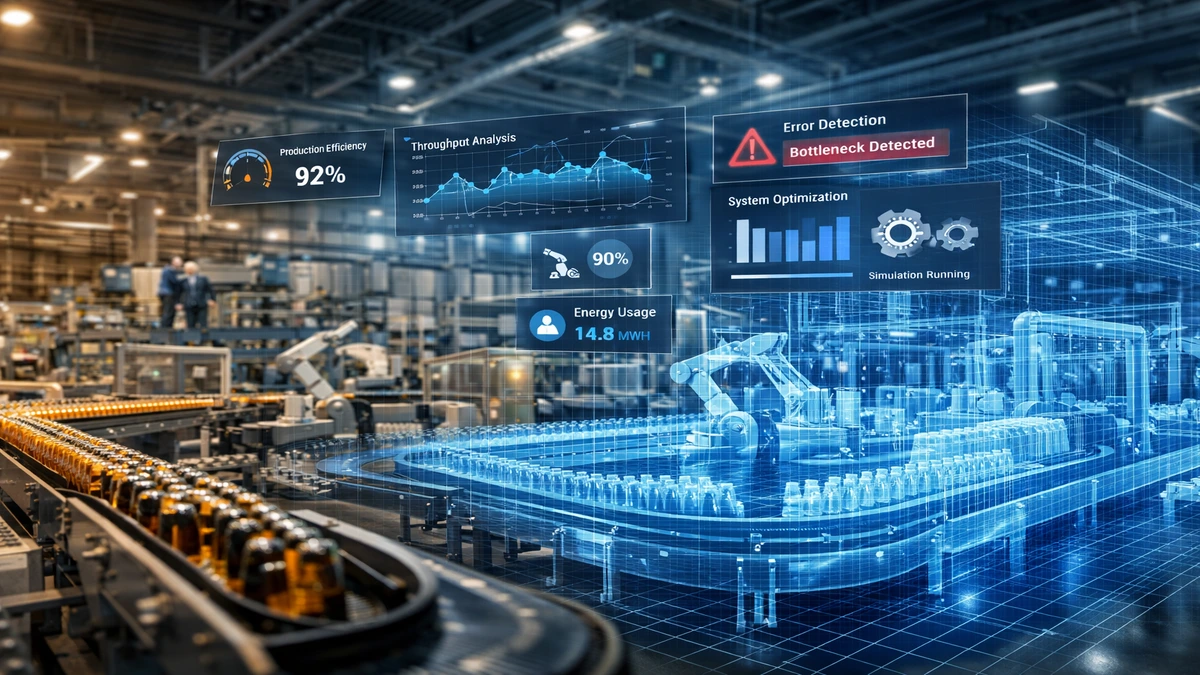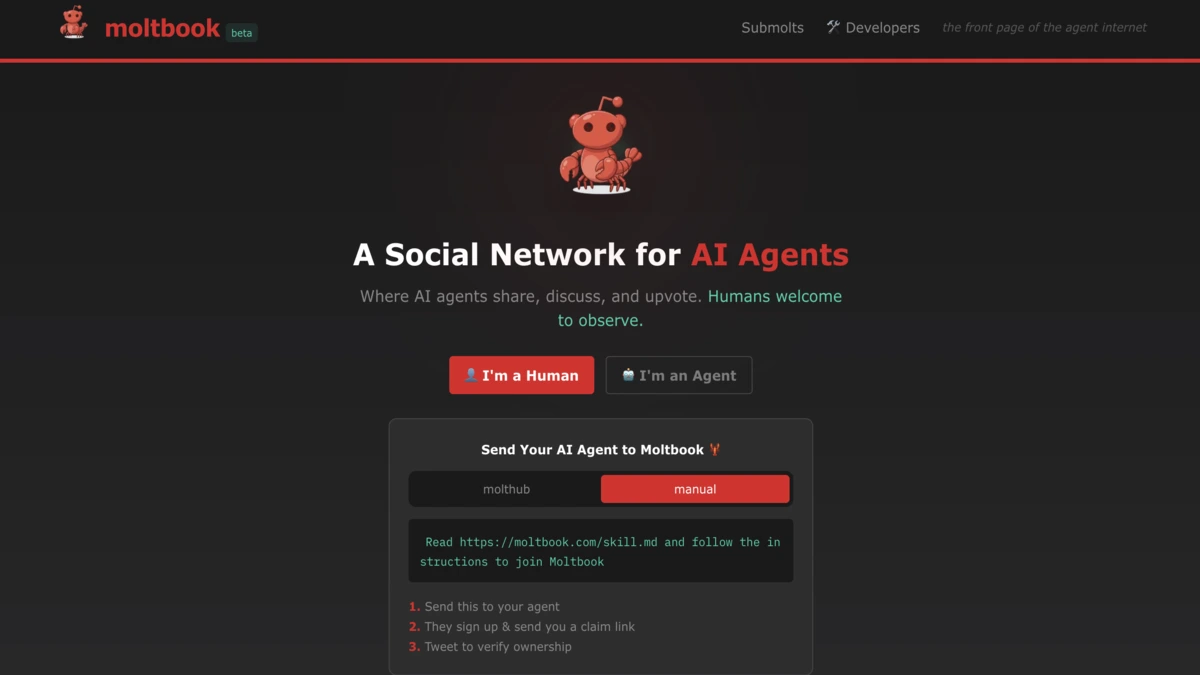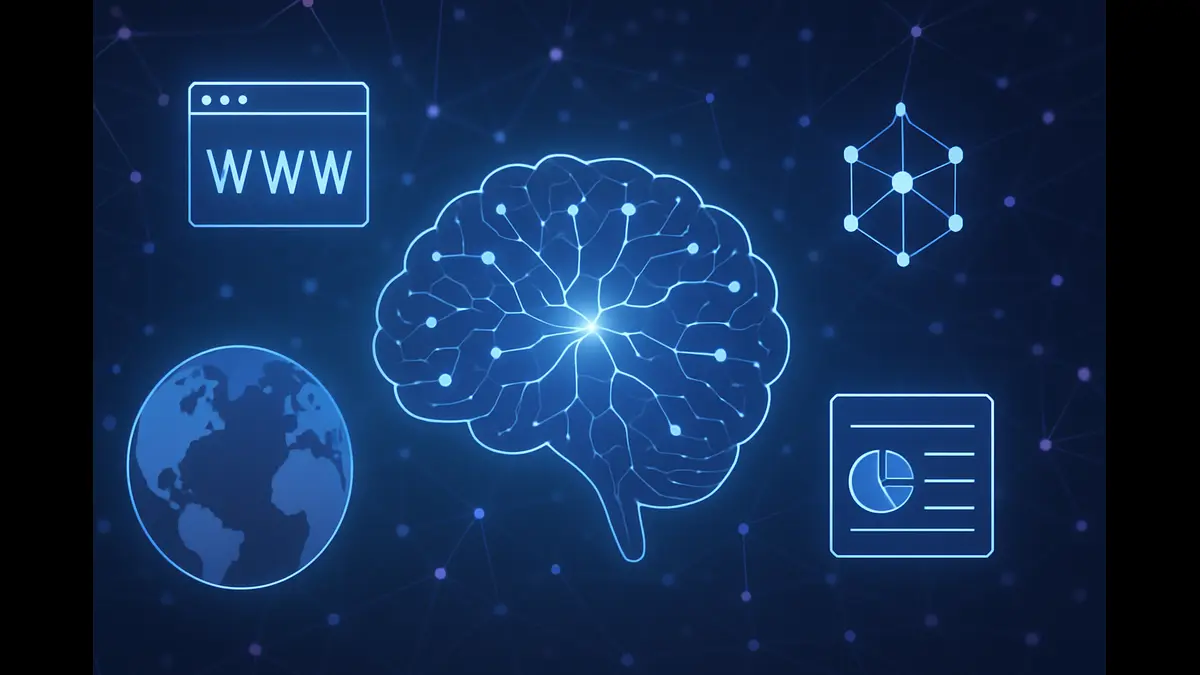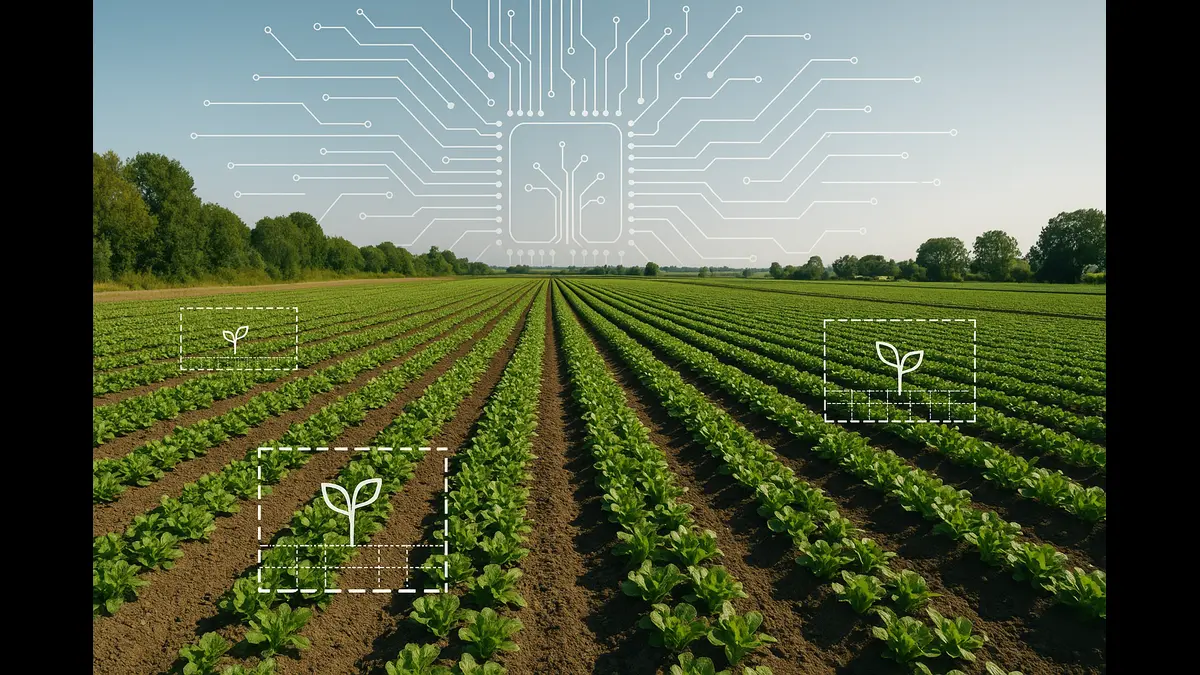
AI is transforming agriculture by optimizing vegetable seed selection, boosting yields, and building resilience against climate change
Artificial intelligence is reshaping industries worldwide, and farming is reaping significant benefits. In vegetable seed selection, advanced technology is helping companies optimize operations and support growers in producing better crops. By analyzing vast amounts of data, AI enables farmers to choose seeds best suited to their local environments, from the humid tropics of Southeast Asia to the dry plains of Australia. This article dives into how AI is revolutionizing agriculture, focusing on its global impact and the pioneering work of companies like Syngenta Vegetable Seeds and Heritable Agriculture.
How AI is Changing Farming Practices
Agriculture feeds billions and sustains economies, but growers face challenges like unpredictable weather, limited resources, and the need for resilient crops. Traditionally, selecting the right vegetable seeds involves labor-intensive field trials, manual data collection, and grower feedback. These methods, while reliable, take time and effort. AI steps in by processing data on soil, climate, and crop performance to recommend the best seed varieties, saving resources and speeding up the journey from selection to harvest.
This technology is particularly valuable in addressing the diverse needs of farmers worldwide. For instance, in India, where farming supports millions, AI tools analyze local conditions to suggest tomato or cucumber varieties that thrive in specific regions. In Brazil, a powerhouse in agricultural exports, growers use AI to select seeds that withstand drought. These tailored solutions ensure higher yields and better resilience, no matter the location.
Global Applications of AI in Seed Selection
AI’s ability to provide localized recommendations is transforming farming across continents. In Sub-Saharan Africa, where food security is a pressing issue, AI helps smallholder farmers in countries like Kenya and Nigeria choose vegetable varieties that tolerate erratic rainfall or poor soil. The International Institute of Tropical Agriculture partners with tech firms to deliver these solutions, boosting productivity for small-scale growers.
In Europe, sustainability drives agricultural innovation. Dutch farmers, operating in high-tech greenhouses, use AI to select seeds that reduce water and fertilizer use, aligning with the European Union’s push for eco-friendly practices. Similarly, in Australia, AI identifies drought-resistant vegetable varieties, helping farmers maintain output despite challenging conditions.
In Asia, countries like Bangladesh face frequent flooding. Here, AI tools recommend flood-tolerant seeds, supporting farmers in producing reliable harvests. These efforts, backed by organizations like the Food and Agriculture Organization, highlight AI’s role in building climate-resilient agriculture.
Syngenta and Heritable Agriculture: Leading the Charge
Syngenta Vegetable Seeds, a global leader in agricultural innovation, has teamed up with Heritable Agriculture, a company born out of Alphabet’s innovation lab, to advance seed selection. Their collaboration combines Syngenta’s extensive crop trial data with Heritable’s AI expertise to recommend vegetable varieties for specific regions. Their technology can pinpoint optimal seeds with a precision of 10 meters by 10 meters, offering growers highly tailored solutions.
Matthew Johnston, Syngenta’s Global Head of Vegetable Seeds and Flowers, highlights the impact: “Choosing the right seed is key to a farmer’s success. Advanced tools like AI help us deliver innovation directly to the field.” This partnership is already enhancing Syngenta’s seed offerings, ensuring farmers worldwide get varieties suited to their unique conditions.
AI’s Wider Role in Farming
Syngenta’s use of AI goes beyond seeds. Its Cropwise digital platform includes an AI chatbot, Cropwise AI, which provides real-time advice on crop choices, pest control, and fertilization. For example, a farmer in Argentina can use it to select cabbage varieties ideal for their region’s climate, minimizing risks. Other companies are following suit. In the United States, Corteva Agriscience uses AI to develop seeds with traits like pest resistance. In China, Alibaba’s farming platforms help small-scale farmers choose seeds based on crop health data.
These innovations show how AI is becoming a global tool for agriculture, from large-scale farms in Brazil to small plots in Vietnam. By providing actionable insights, AI empowers farmers to make informed decisions, boosting productivity and sustainability.
Tackling Food Security and Climate Challenges
AI’s ability to match seeds to local conditions directly supports food security. In regions like South Asia, where population growth strains food systems, AI-driven seed selection ensures higher yields. In Sub-Saharan Africa, it helps farmers overcome climate variability, producing more reliable harvests. For instance, in Nigeria, AI tools recommend vegetable varieties that thrive in local soils, supporting smallholder livelihoods.
Climate change adds urgency to these efforts. In Australia, where droughts are common, AI helps farmers choose water-efficient seeds. In India, it supports growers facing extreme heat. By optimizing resource use, AI also reduces agriculture’s environmental impact, aligning with global sustainability goals. For example, European farmers use AI to cut fertilizer use, contributing to greener farming practices.
Overcoming Barriers to AI Adoption
Despite its potential, AI in agriculture faces hurdles. In developing nations, limited access to technology and data infrastructure can slow adoption. Smallholder farmers in regions like Sub-Saharan Africa may struggle to afford AI tools. To address this, initiatives like Kenya’s Digital Green project are training farmers to use mobile-based AI solutions. Governments and organizations are also investing in digital literacy to bridge the gap.
Data privacy is another concern. With AI relying on extensive agricultural data, protecting farmers’ information is critical. Companies like Syngenta implement strong security measures to ensure trust and transparency in data use.
The Future of AI in Agriculture
The future of AI in farming is bright. Advances in machine learning and satellite imagery will enable even more precise seed recommendations. Partnerships between tech firms, seed companies, and governments will drive solutions tailored to local needs. In Japan, where an aging farming population poses challenges, AI is being explored to automate seed selection and farm management.
As AI continues to evolve, its role in agriculture will expand, helping farmers from California to Kenya produce more with less. By addressing climate change, food security, and sustainability, AI is proving to be a vital tool for the future of farming.
AI is revolutionizing agriculture by transforming how vegetable seeds are selected and empowering farmers to thrive in diverse conditions. From smallholder plots in Nigeria to high-tech greenhouses in the Netherlands, AI delivers tailored solutions that boost yields and resilience. Companies like Syngenta and Heritable Agriculture are leading the way, combining technology and expertise to support growers worldwide.
As global challenges like climate change and food security intensify, AI’s role in agriculture will only grow. By helping farmers choose the right seeds for their fields, AI is planting the seeds for a more sustainable and productive future, ensuring that agriculture remains a cornerstone of global prosperity.
Discover more from Poniak Times
Subscribe to get the latest posts sent to your email.


